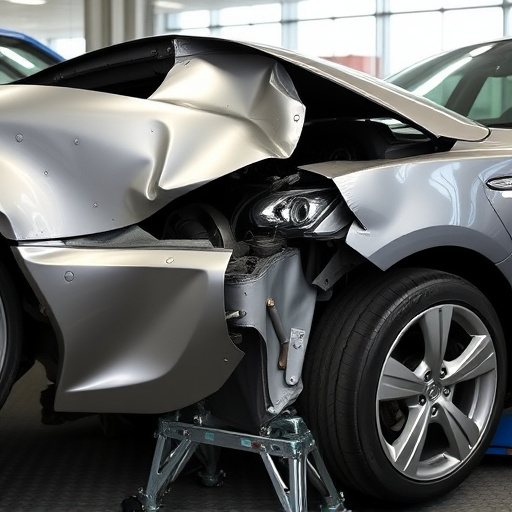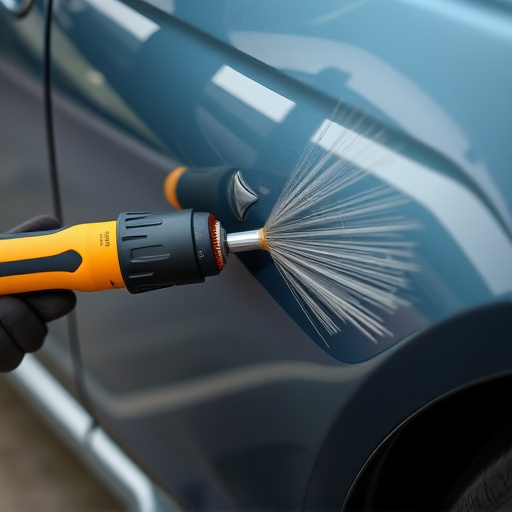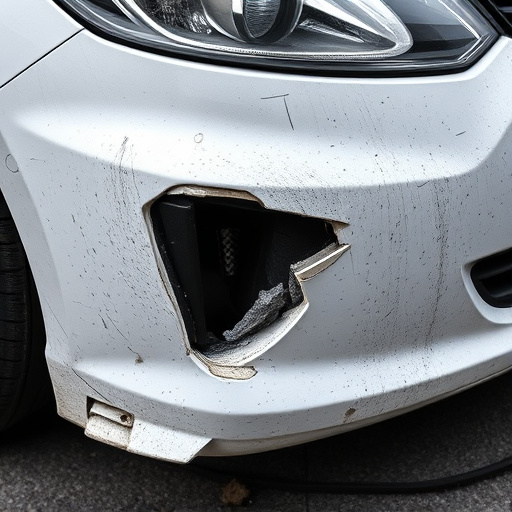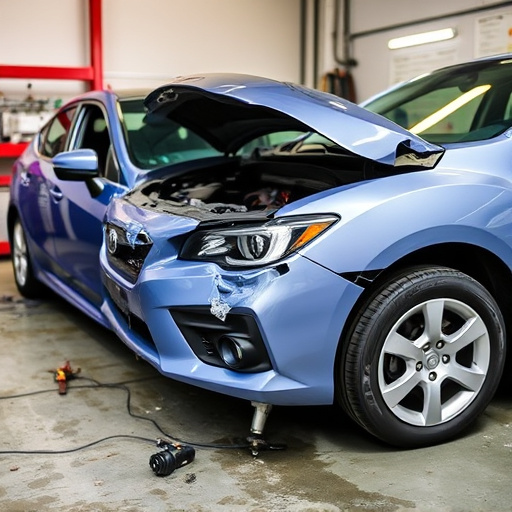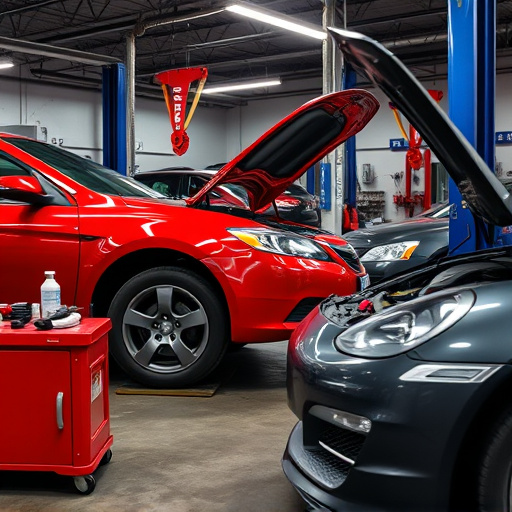Vehicle owners expect swift, transparent, and efficient car repair in today's digital age. Repair expectations management is crucial for automotive professionals to excel by providing clear communication, accurate estimates, and regular updates on repairs. Effective management builds customer trust, loyalty, and integrity through realistic expectations and open dialogue, even with unforeseen challenges.
In the automotive industry, managing customer expectations for vehicle repairs is vital for fostering trust and satisfaction. This comprehensive guide aims to equip owners with strategies to navigate the complexities of repair processes. We explore key aspects like understanding client anticipations, effectively communicating repair timelines and costs, and addressing potential disappointments while upholding customer confidence. By implementing these practices, vehicle owners can ensure a smoother, more transparent experience during repairs.
- Understanding Customer Expectations for Vehicle Repairs
- Communicating Repair Times and Costs Effectively
- Handling Disappointments and Maintaining Customer Trust
Understanding Customer Expectations for Vehicle Repairs

In today’s world, vehicle owners have come to expect swift and efficient service when it comes to car restoration or even minor repairs like scratch repair. This shift in customer expectations is largely driven by the convenience and speed of digital age solutions, where immediate gratification is the norm. Therefore, understanding these expectations is paramount for any automotive business aiming to excel in repair expectations management.
Customers now demand transparency, clear communication, and accurate time estimates for vehicle restoration or repair work. They want to know what issues exist, how long repairs will take, and what costs are associated with each step. This information allows owners to make informed decisions, plan their schedules, and set realistic expectations. Moreover, the rise of online reviews means that any missteps in repair expectations management can quickly become public knowledge, impacting a business’s reputation. Thus, it’s crucial for automotive professionals to actively listen to customer needs, clearly articulate repair processes, and consistently deliver on promised timelines and costs.
Communicating Repair Times and Costs Effectively

Effective communication is key when it comes to managing vehicle owners’ expectations regarding repair times and costs. Transparency is essential; inform clients about potential turnaround periods as early as possible, taking into account factors like part availability and complexity of repairs needed for their car bodywork. Providing an accurate estimate ensures they understand the process and avoid disappointment later on.
When discussing costs, break down the charges clearly. Explain any additional fees associated with collision repair or car bodywork restoration to ensure owners know what they are agreeing to pay. Regular updates throughout the process can further manage expectations, keeping clients informed about progress and any changes in estimated timelines or expenses.
Handling Disappointments and Maintaining Customer Trust

Managing a customer’s expectations is paramount when it comes to repairing their vehicle, especially as any disappointment can significantly impact trust and loyalty. Vehicle owners often invest emotionally in their cars, so addressing repairs promptly and transparently is crucial. When dealing with issues like hail damage repair, dent repair, or scratch repair, keeping the client informed every step of the way fosters trust. This includes providing realistic estimates, explaining repair processes, and adhering to agreed-upon timelines.
By managing repair expectations effectively, businesses can ensure customers feel valued and satisfied. Even if there are unforeseen challenges, open communication can mitigate any disappointment. For instance, if a dent repair takes longer due to part availability, promptly informing the customer demonstrates integrity. Showing empathy and offering solutions, such as providing a temporary loaner car during the delay, can turn a potential negative experience into a positive one, solidifying the customer’s trust in your service.
Effective repair expectations management is key to fostering trust between vehicle owners and repair shops. By understanding customer expectations, communicating transparently about timelines and costs, and gracefully handling any setbacks, businesses can ensure a positive experience. This strategy not only boosts customer satisfaction but also strengthens the relationship, leading to repeat business and referrals in the competitive automotive industry.


